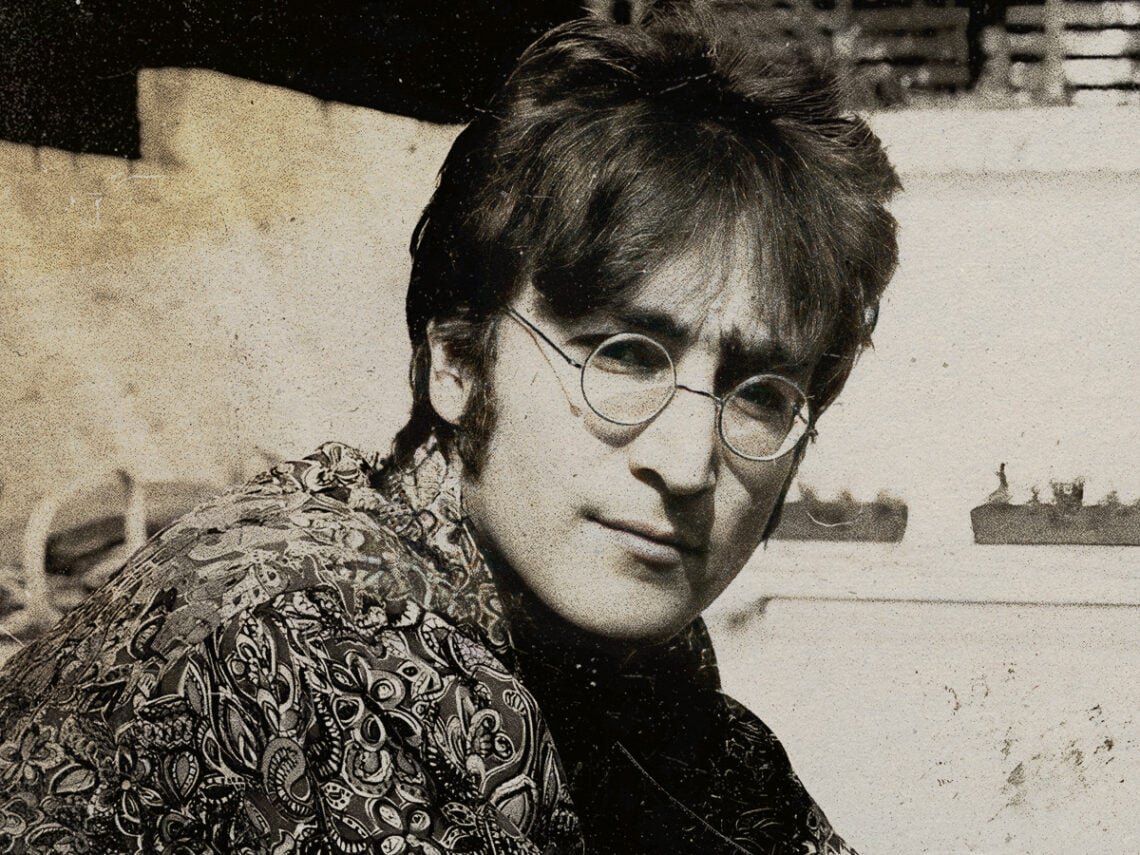In the arts, the term “genius” is frequently bandied around with depreciating recklessness. A genius, whether in astrophysics or the arts, should have a remarkable intellect, above and beyond the binary measurements of IQ testing and first-class degrees. But even the most conservative commentators seem to agree that The Beatles’ primary composers, Paul McCartney and John Lennon, are true geniuses.
The world’s most successful songwriting duo, Lennon and McCartney, were known for their collaborative talent, which flourished on their harmonic discord. I think you’ve noticed my oxymoron, so you have good reason to ask for further details. Although Lennon and McCartney collaborated on songs in a symbiotic and almost telepathic way, their success was reliant on creative differences.
Lennon’s writing frequently made room for the weird and dystopian, whilst McCartney was mostly in charge of the more sentimental and utopian ideas. After the Beatles’ hallucinogenic period, Lennon’s abstract Beat-inspired songs started to give way to darker subjects as he dealt with personal issues and world events.
Though brilliance is a hidden quality predisposed by heredity, Lennon and McCartney’s songwriting skill developed over the 1960s and reached its peak in the later part of the decade. Like everything else, life choices and nurture win out in the end.
In Lennon’s instance, he had a rather unconventional childhood. The Beatle experienced maternal desertion from the age of five, as revealed in his 1970 solo song “Mother,” when his mother Julia felt compelled to place him in the capable hands of his strict aunt Mimi Smith. In the 12 years that followed before his mother’s untimely death in 1958, Lennon saw her only infrequently.
Lennon was destined for greatness from birth, but the right conditions were met by an unusual upbringing and a musical obsession. In a 1971 Rolling Stone interview with Jann Wenner, Lennon clarified, “People like me are aware of their so-called genius at ten, eight, nine, ‘Why has nobody discovered me?’ In school, didn’t they see that I’m cleverer than anybody in this school? That the teachers are stupid, too? That all they had was information that I didn’t need.”
He continued, “It was obvious to me, Why didn’t they put me in art school?… Why would they keep forcing me to be a fu**** cowboy like the rest of them? I was different. I was always different.”
This statement is reminiscent of Oscar Wilde’s 1882 remark made upon entering US customs. Despite the seeming arrogance, Lennon was frank in his remarks and would go on to say that brilliance was a kind of craziness that really made life more difficult for the bearer. Although genius may fill coffers, a hyperactive mind finds very little tranquility.
The late Beatles legend recalls that his brilliance was the root of a tense relationship with Aunt Mimi, according to a remark in Jeff Burger’s 2016 book Lennon On Lennon: Conversations With John Lennon. He said, “I got f****** lost in being at high school, I used to say to me auntie, ‘You throw my f***** poetry out, and you’ll regret it when I’m famous,’ and she threw the bastard stuff out. I never forgave her for not treating me like a f***** genius or whatever I was when I was a child.”
Below, you can listen to John Lennon’s incredibly candid solo single “Mother.”
